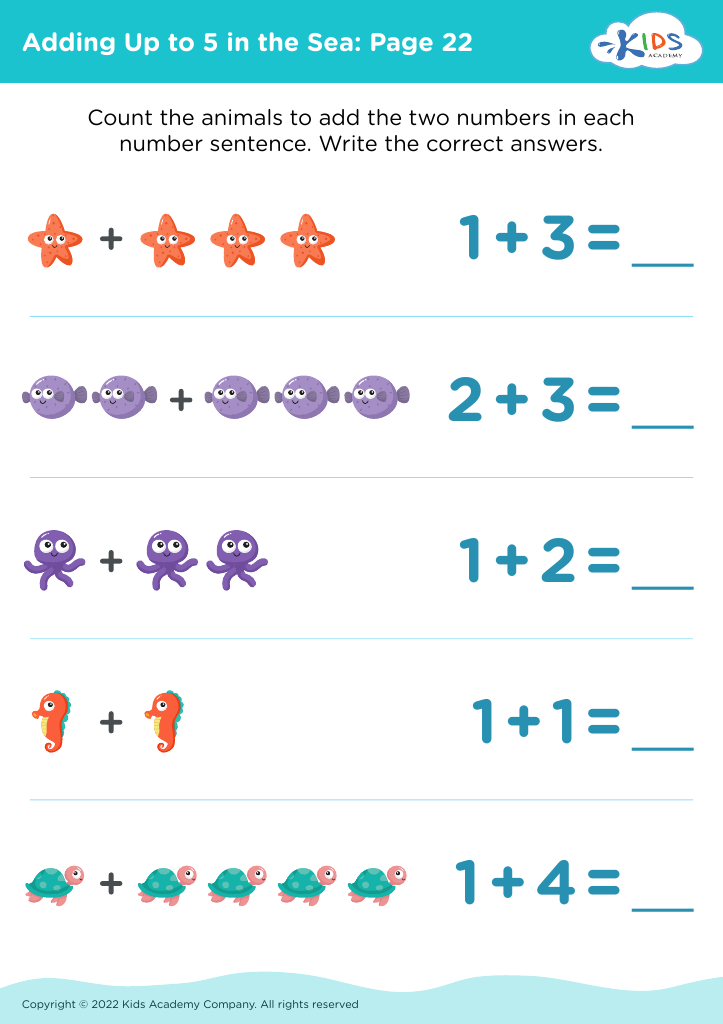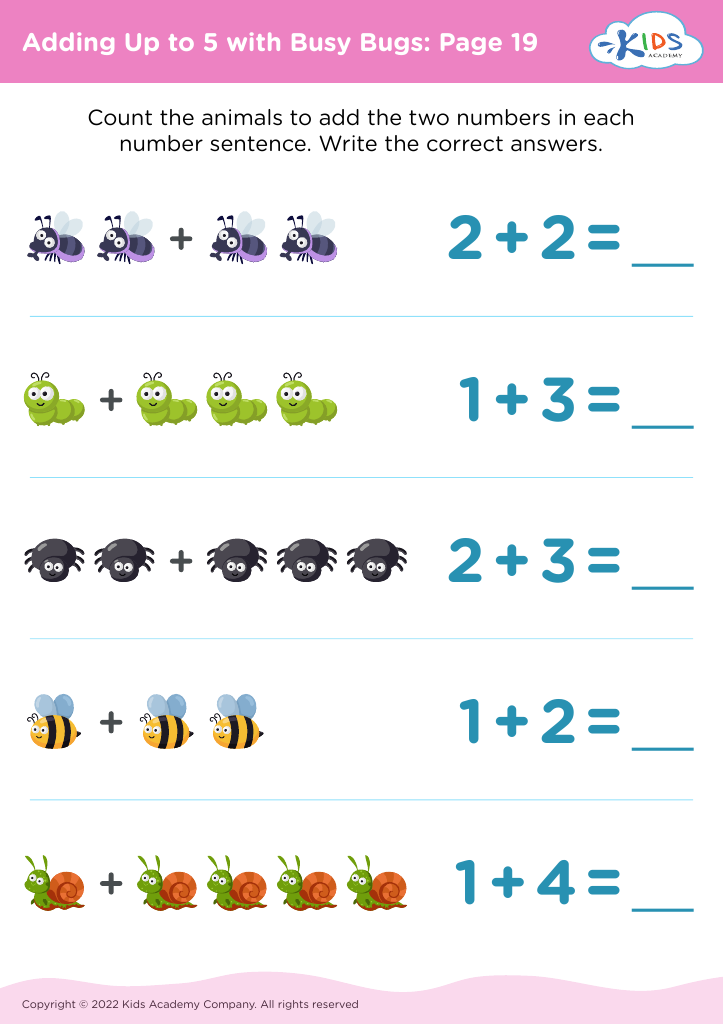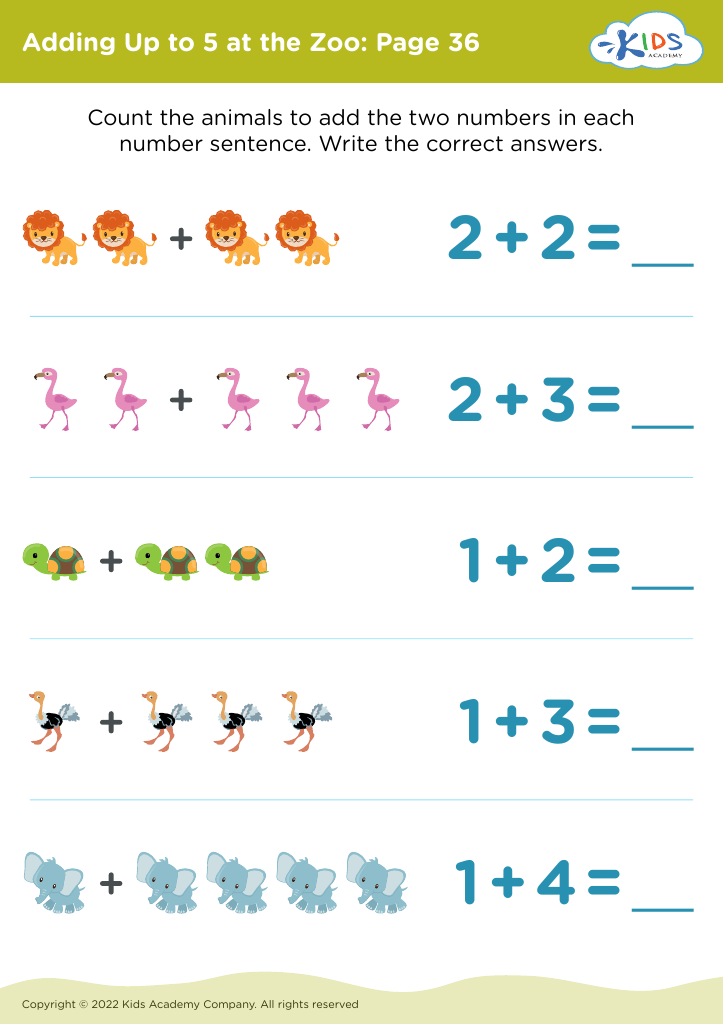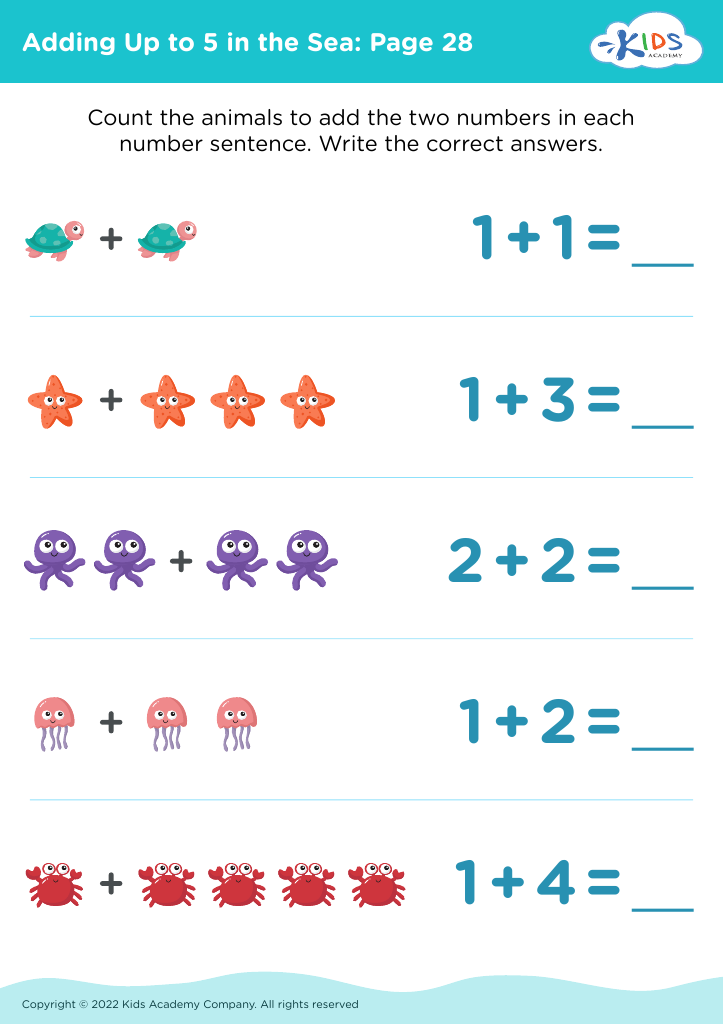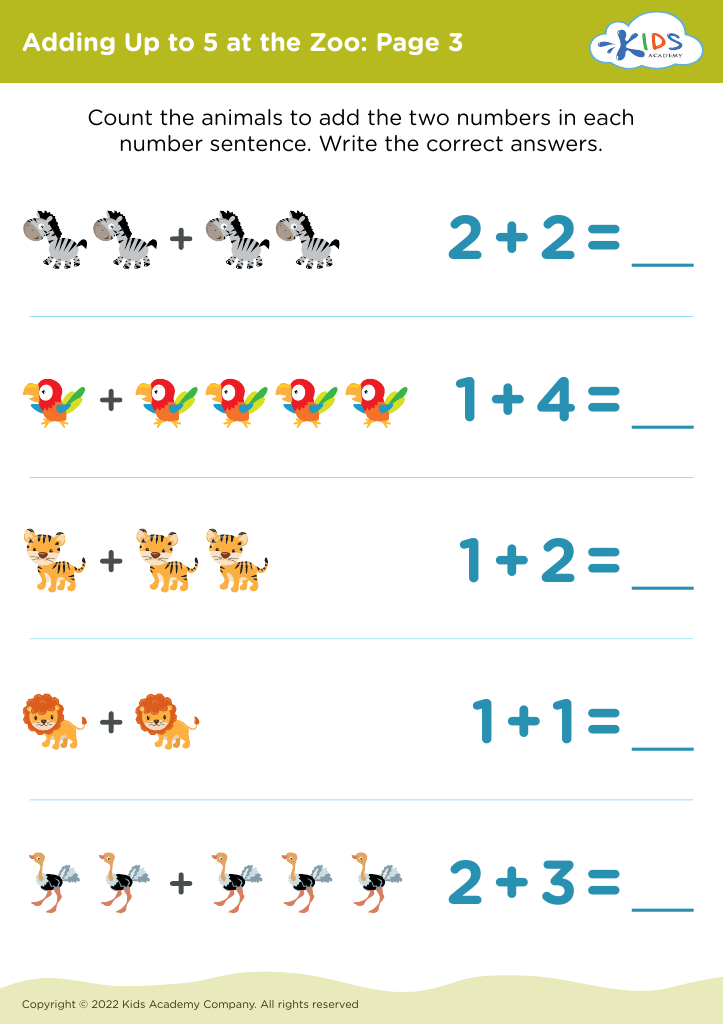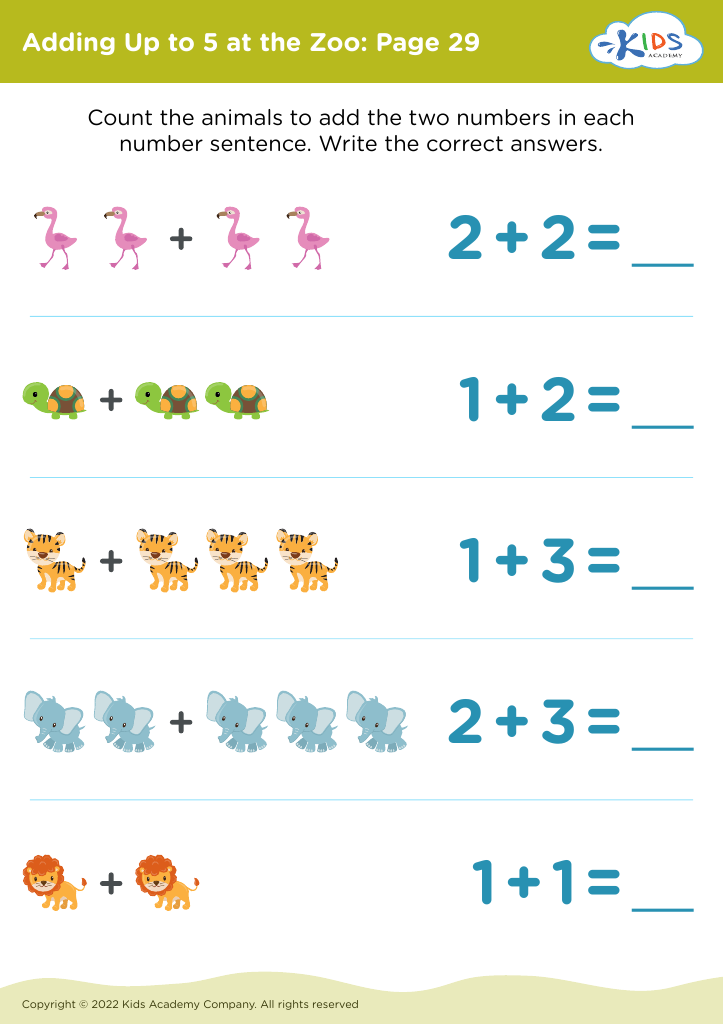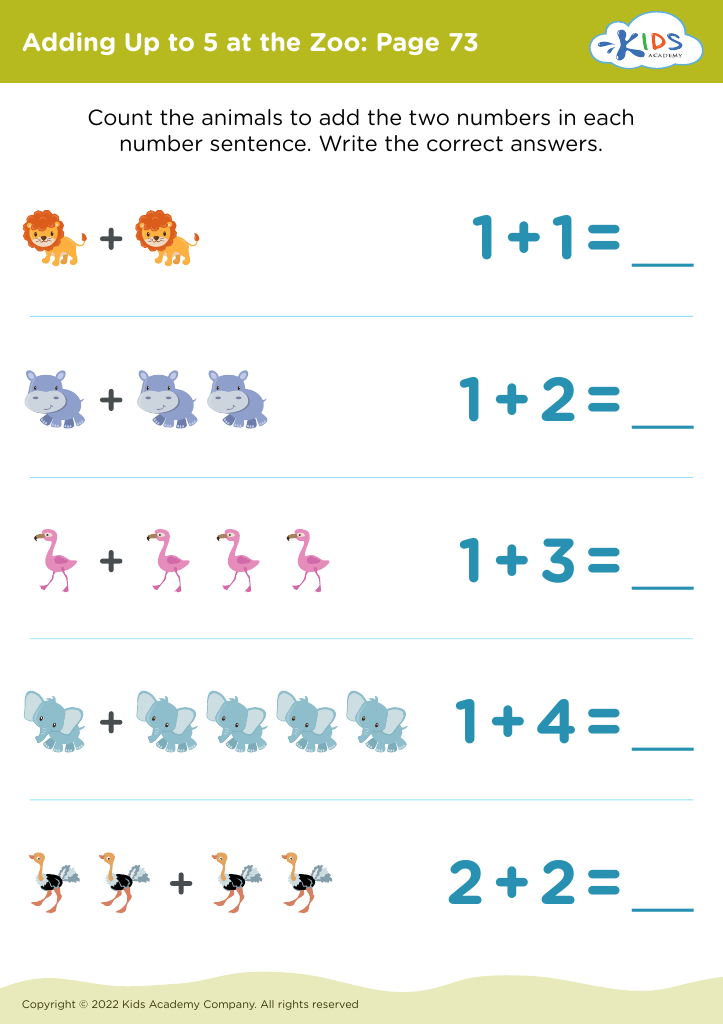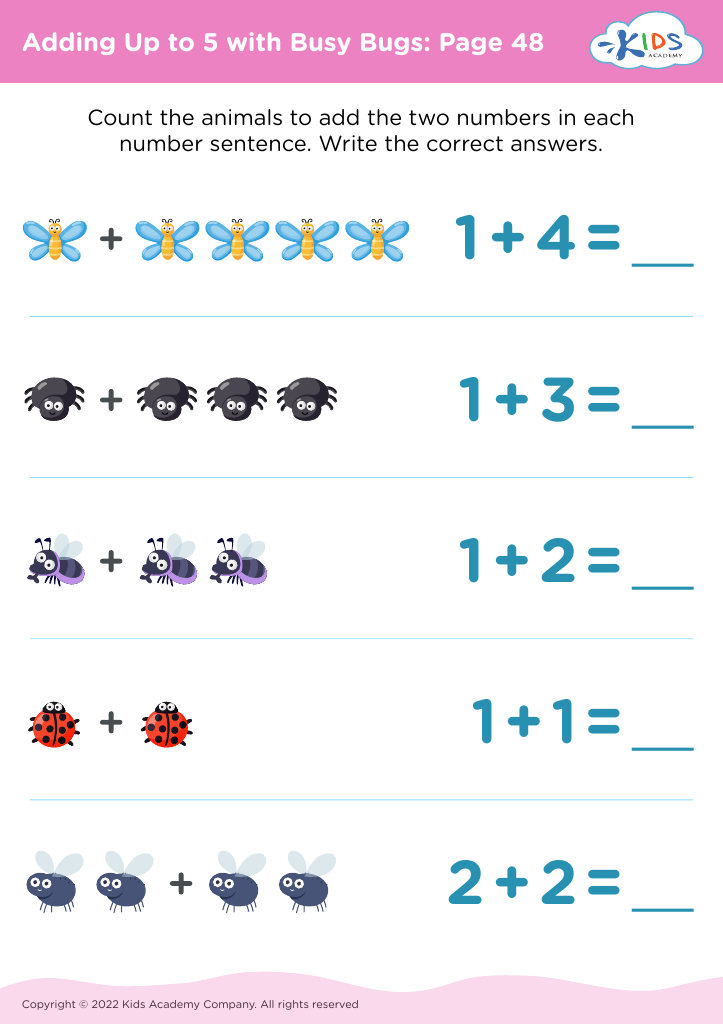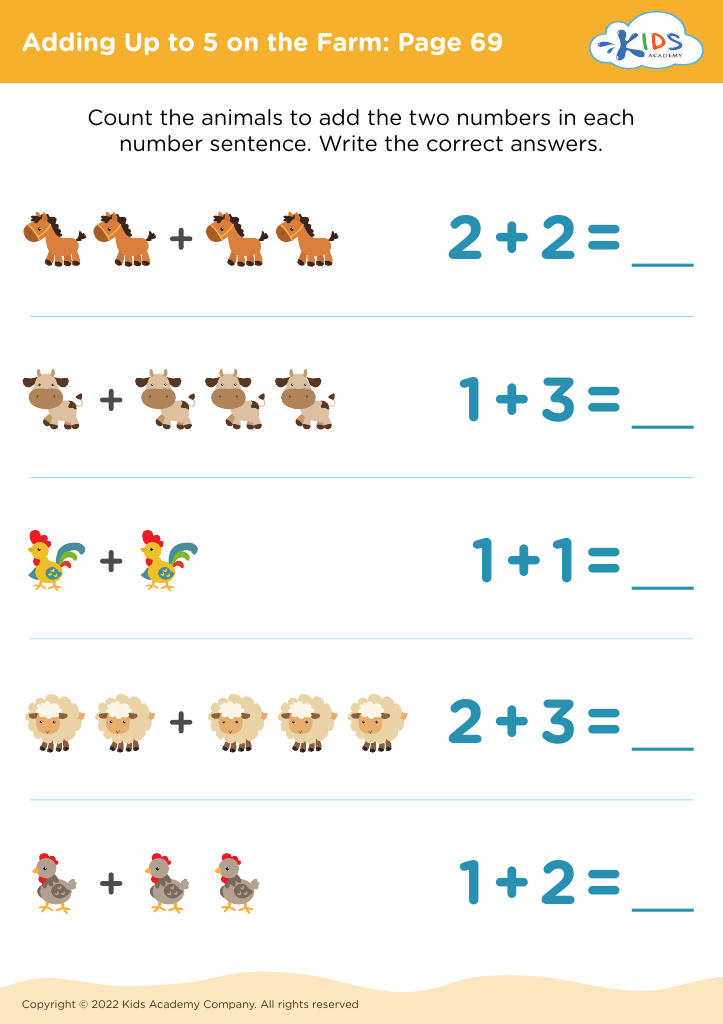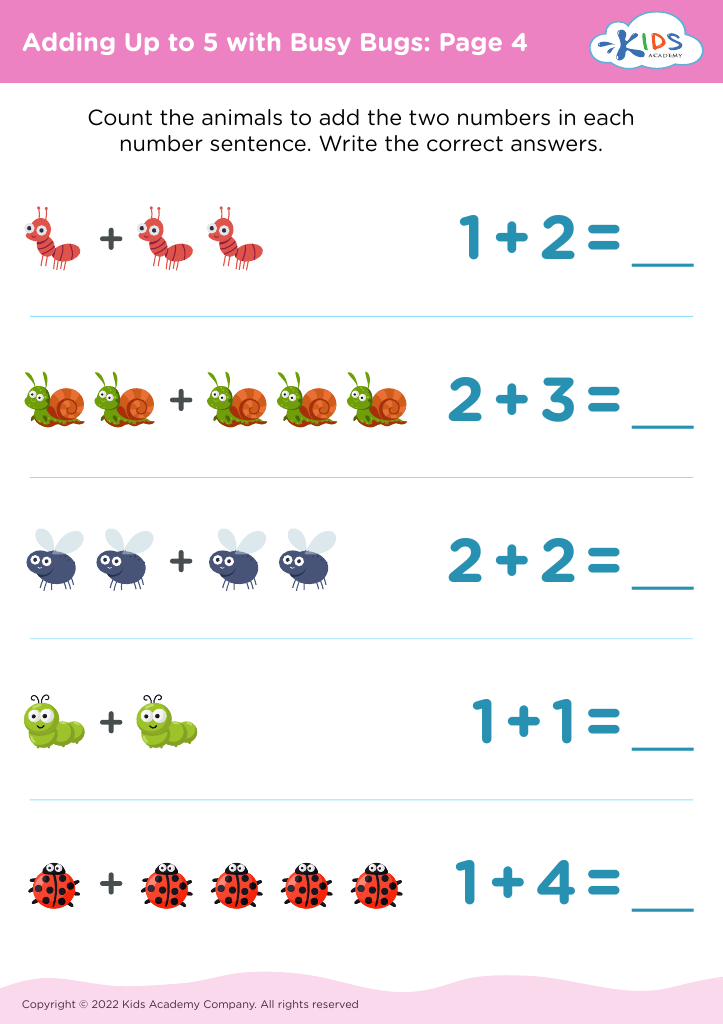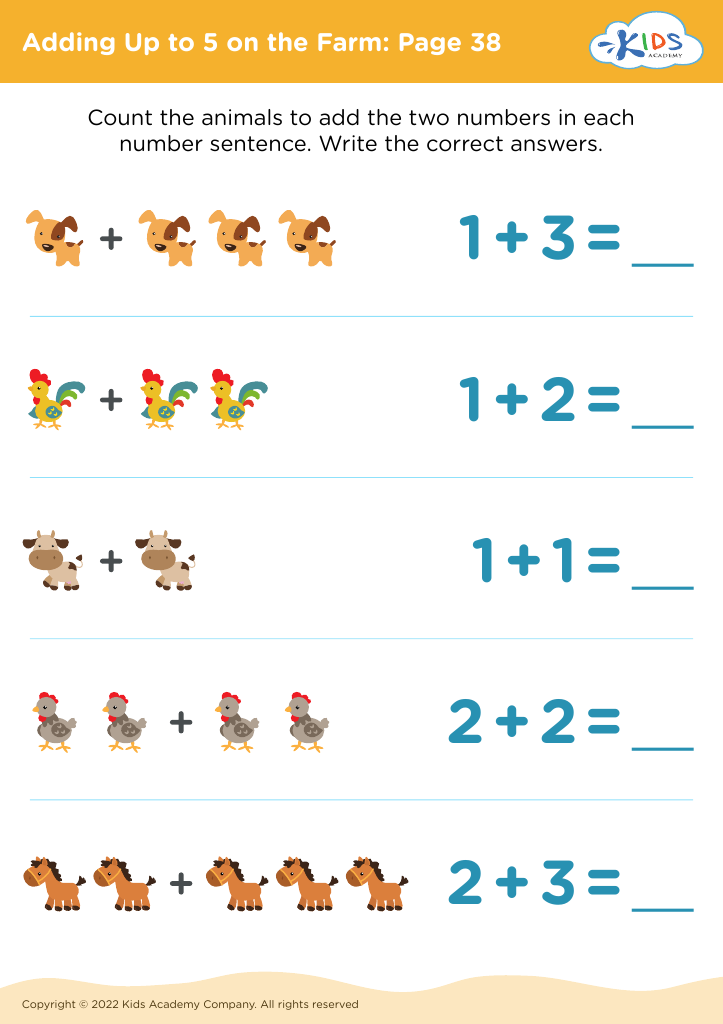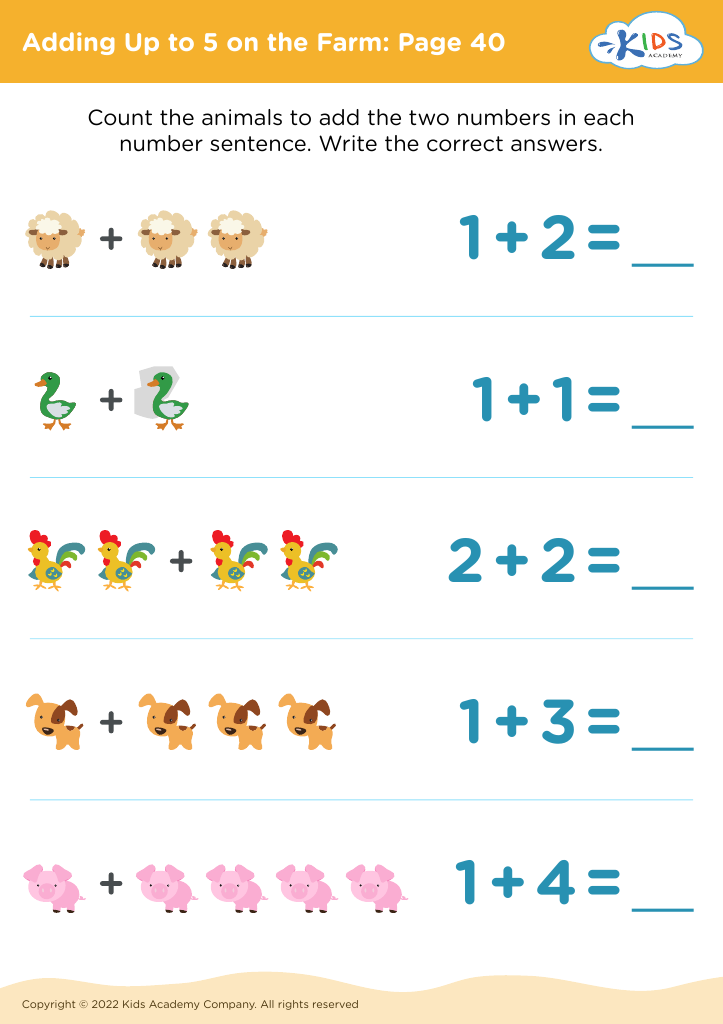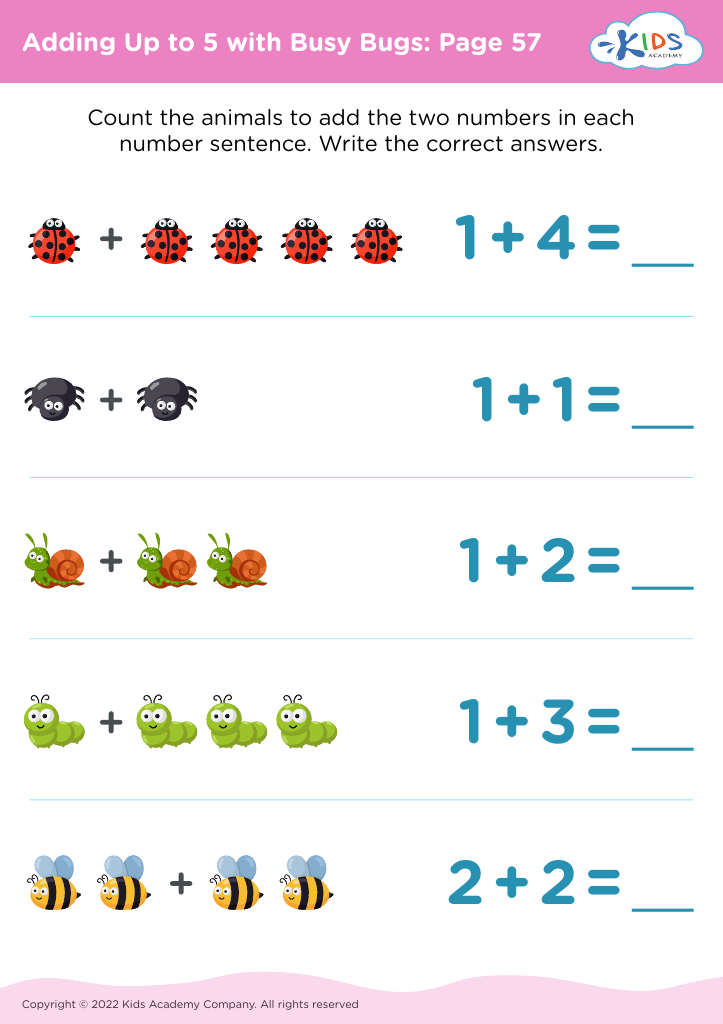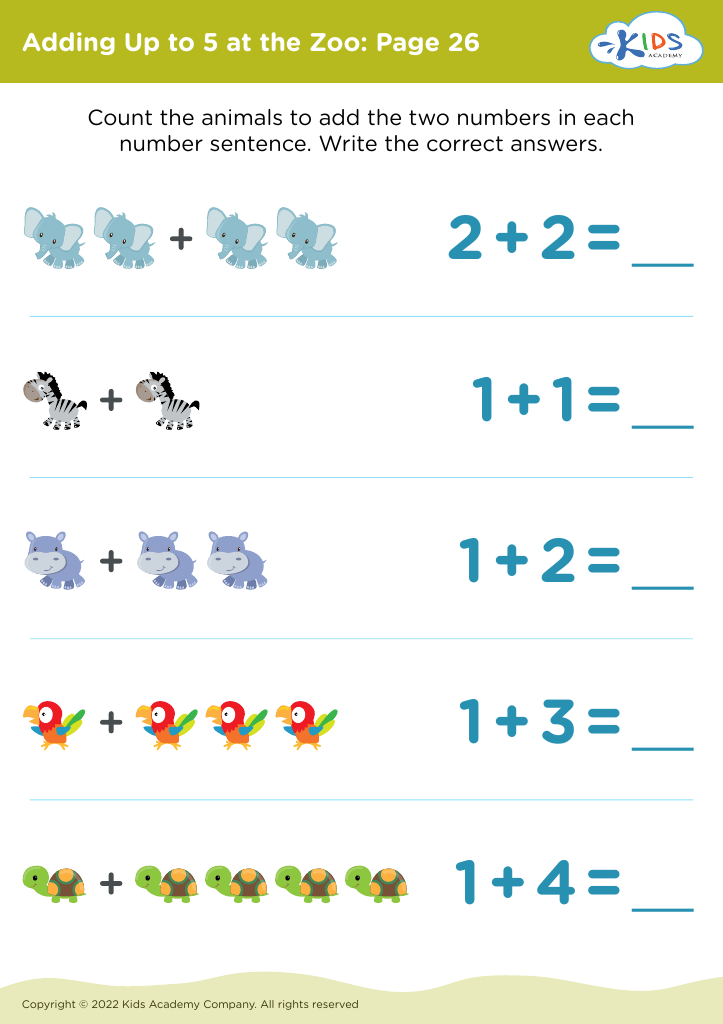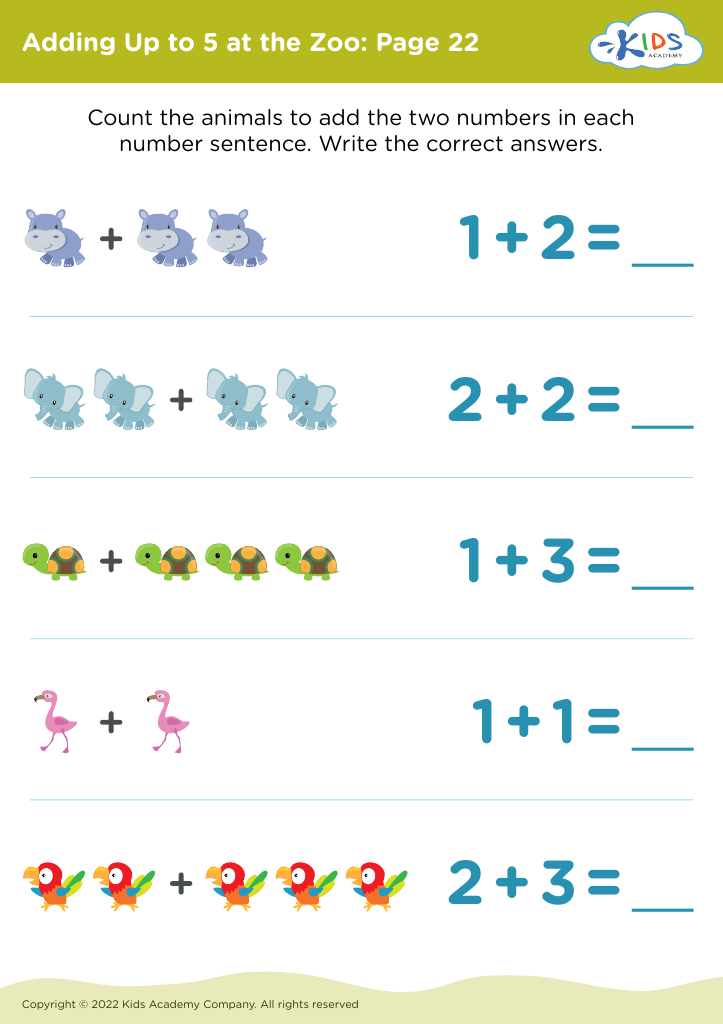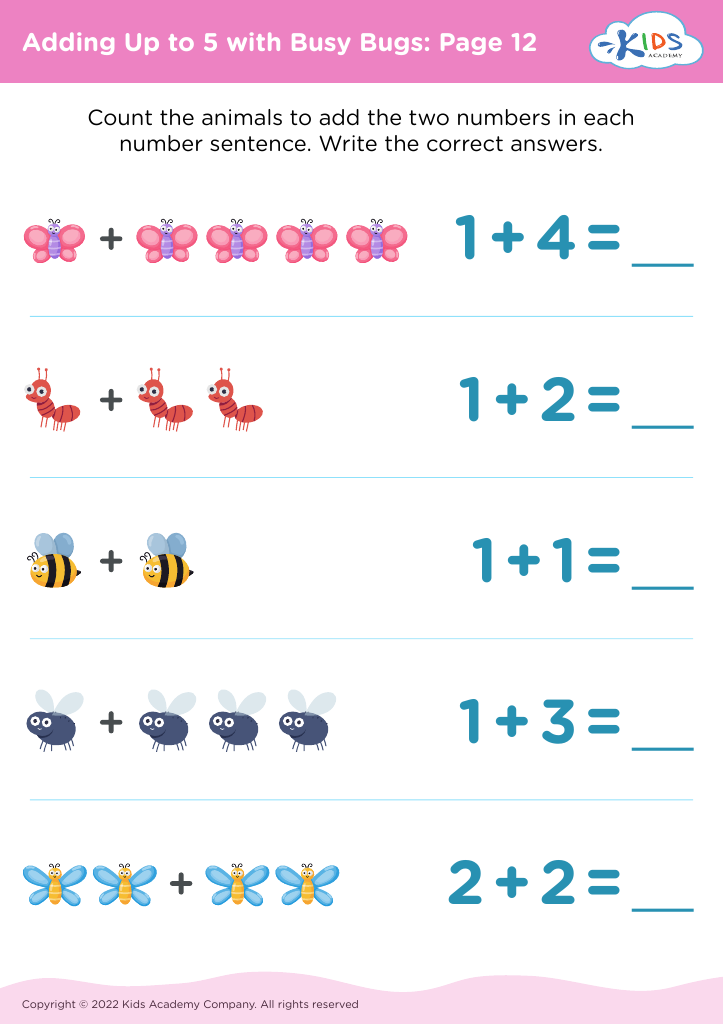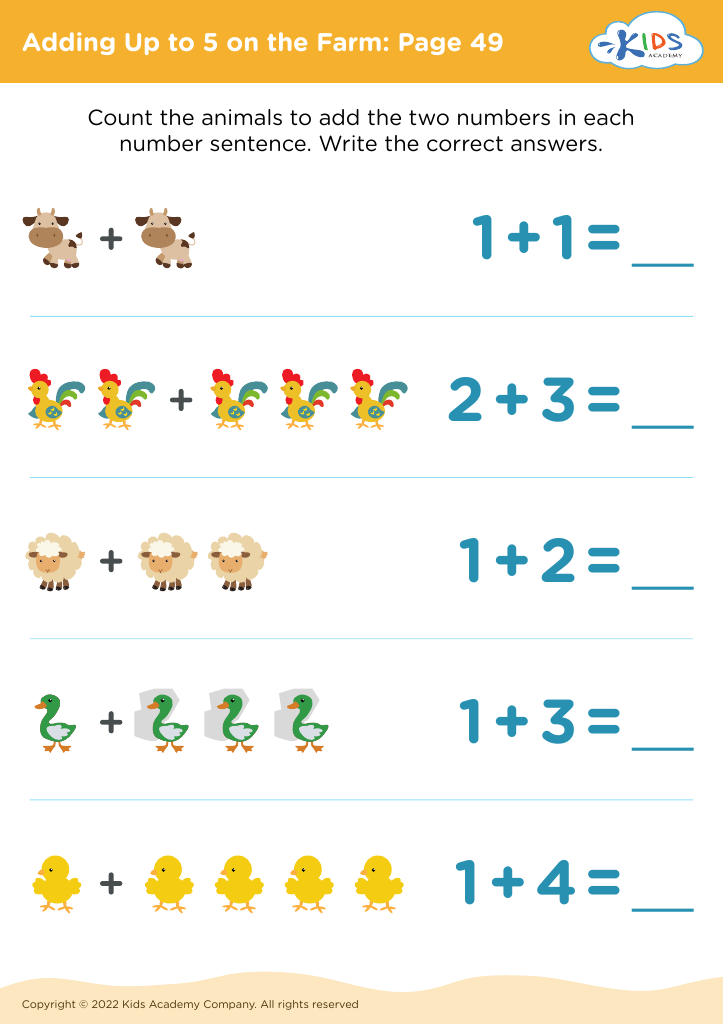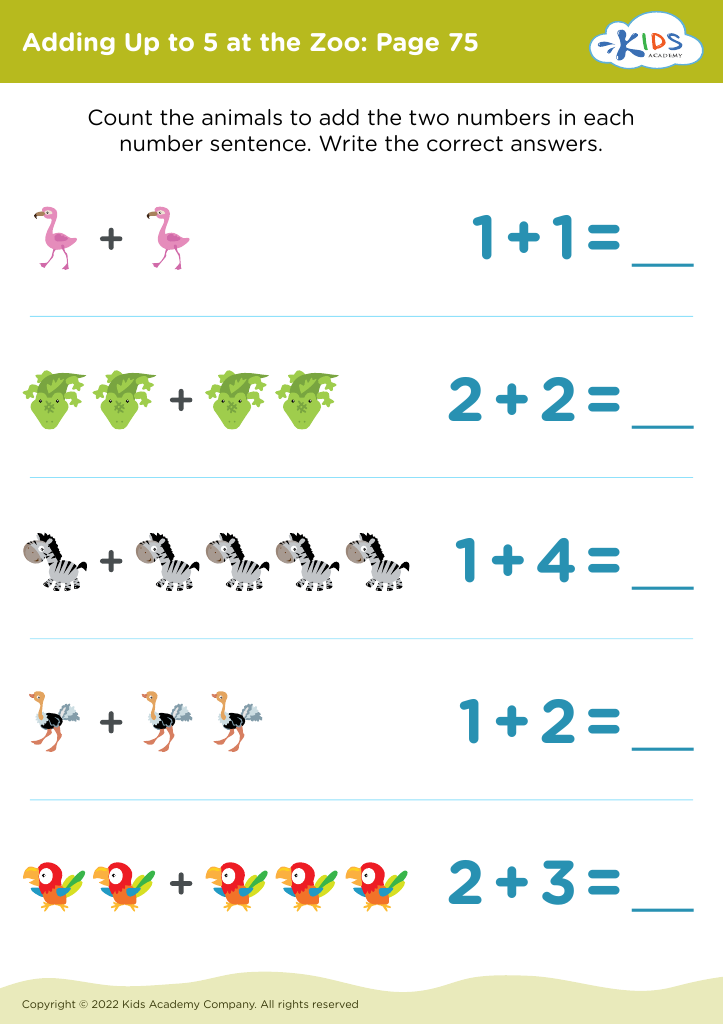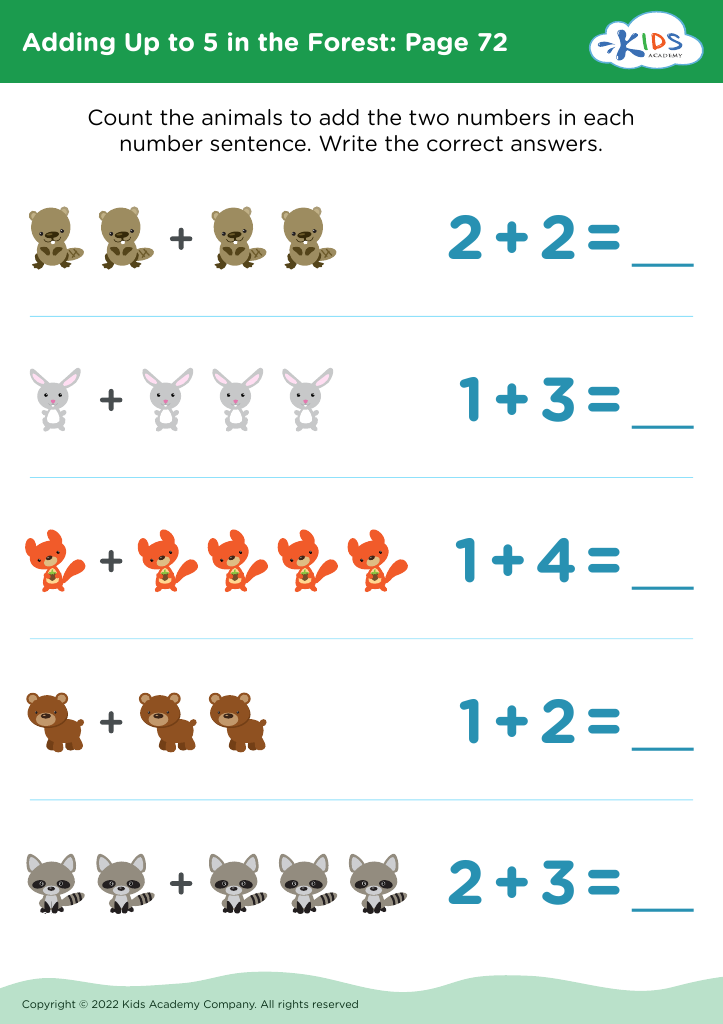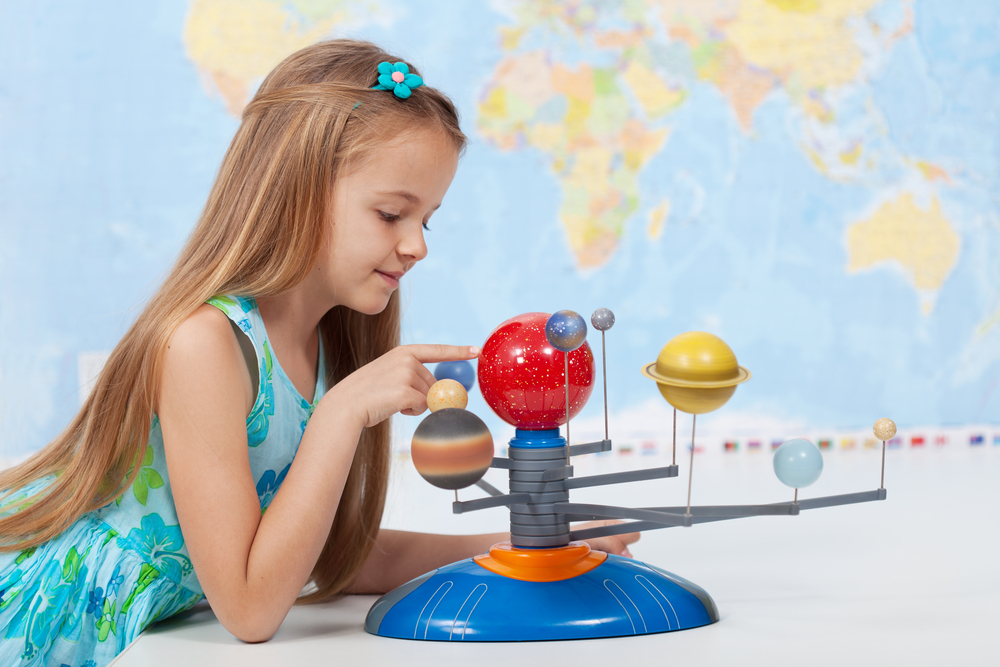Addition skills Worksheets for Ages 4-6
116 filtered results
-
From - To
Boost your child's math confidence with our expertly crafted Addition Skills Worksheets for Ages 4-6. Designed by education professionals, these worksheets offer a fun and engaging approach to learning basic math skills. Each printable sheet helps young learners master counting, simple addition, and number recognition through visually appealing activities and exercises. Whether building foundational understanding or seeking extra practice, these worksheets are perfect for classroom or home use. Help your child develop essential arithmetic abilities early on, fostering a lifelong love for learning mathematics! Visit Kids Academy for access to our full selection of addition worksheets.
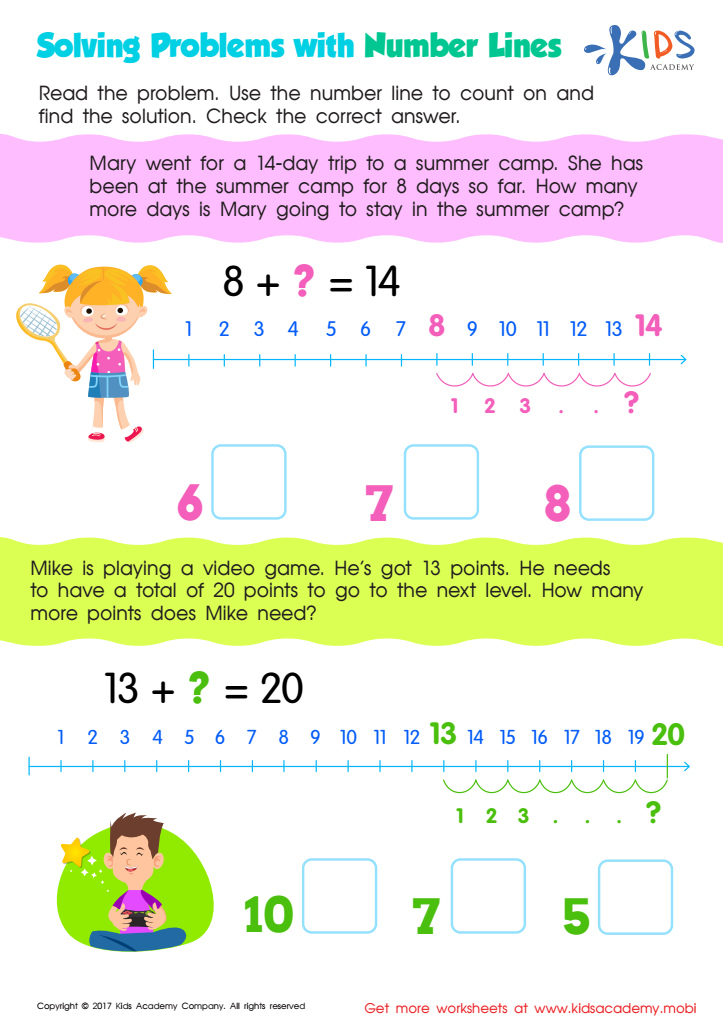

Solving Problems: Number Lines Worksheet
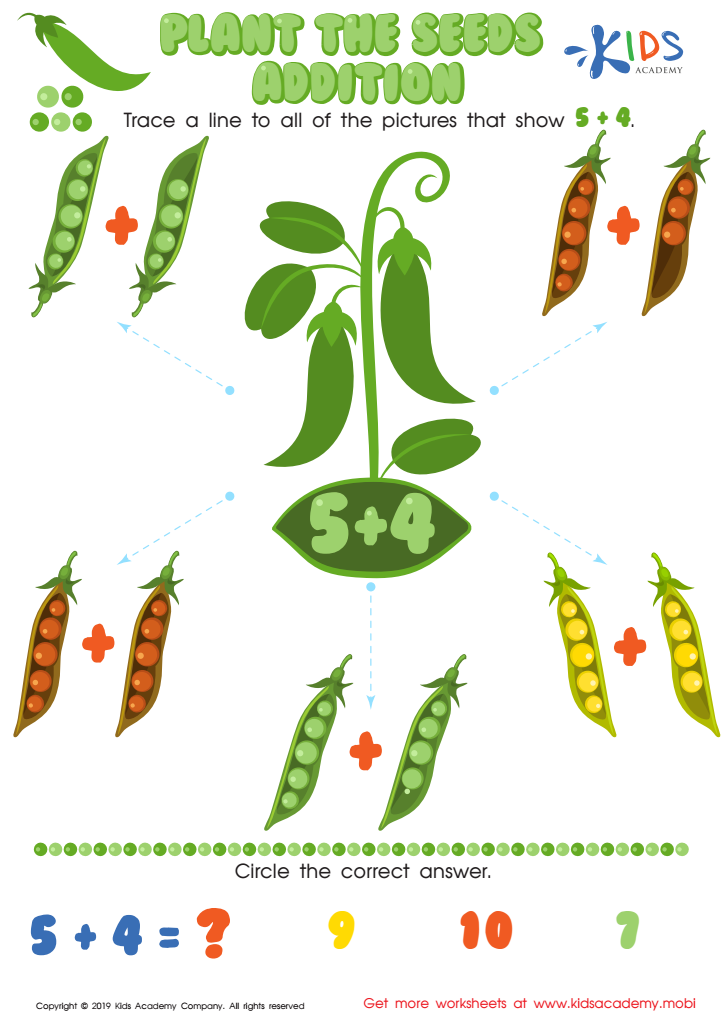

Plant the Seeds Addition Worksheet
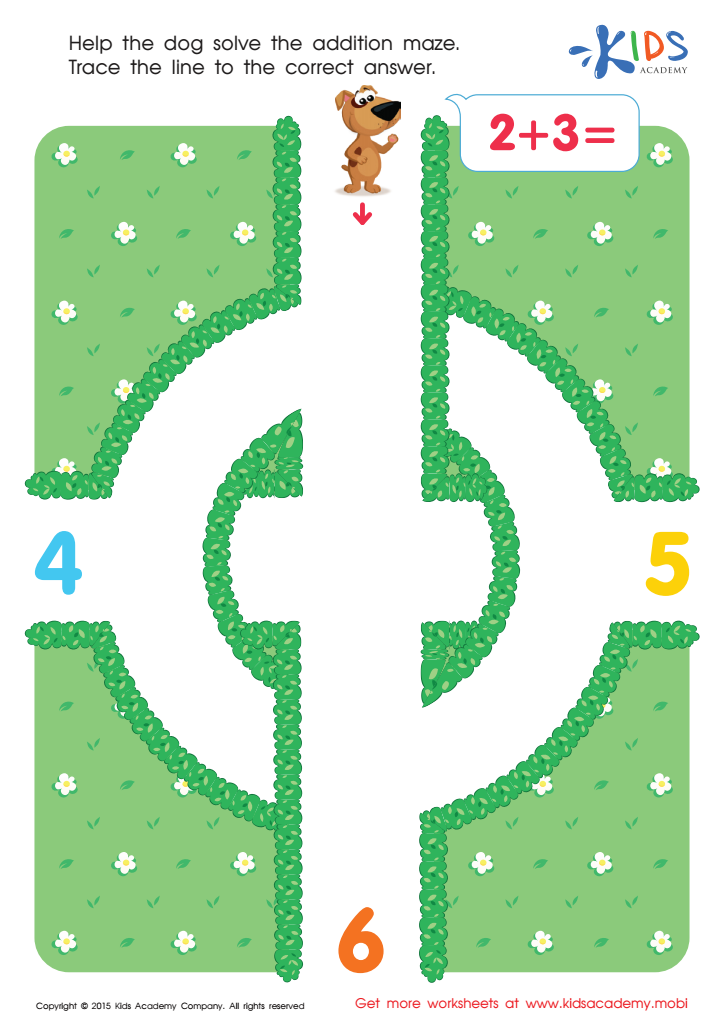

Two And Three Addition Worksheet
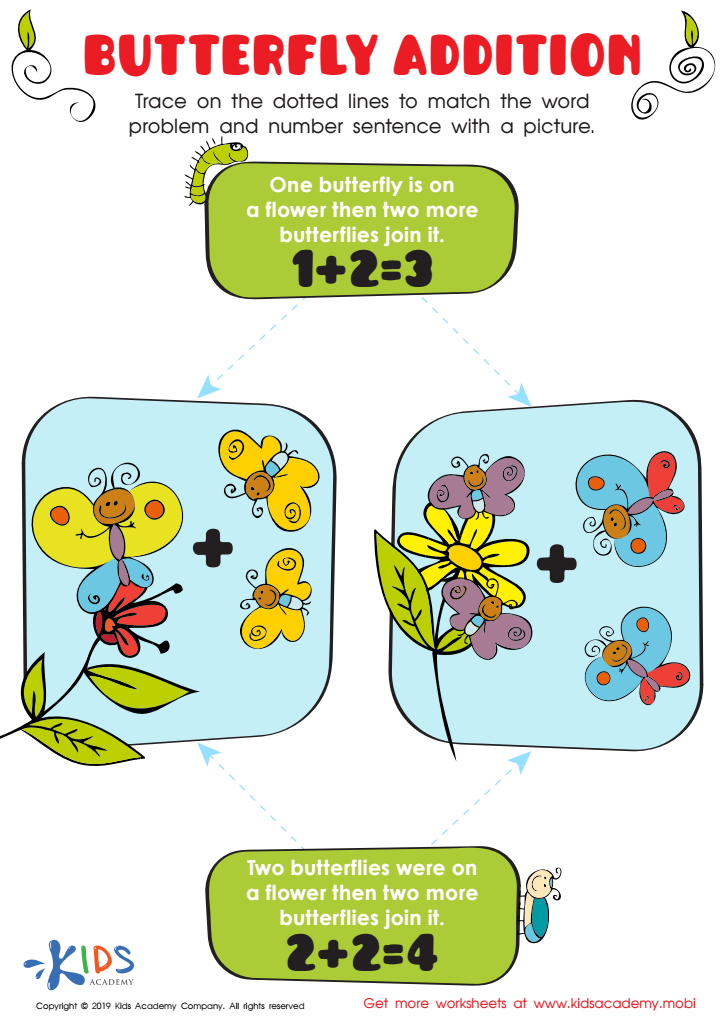

Butterfly Addition Worksheet


7 Continents and 7 Seas Worksheet
Addition skills are foundational to early math education, critical for young learners (ages 4-6). Parents and teachers should prioritize developing these skills for several reasons.
Firstly, addition is one of the basic building blocks of mathematics. Proficiency in addition sets the stage for learning more complex math concepts, such as subtraction, multiplication, and division. Ensuring children have a strong grasp on addition helps build their confidence to tackle future math challenges.
Secondly, addition enhances cognitive development. Activities and games that involve adding numbers can improve kids’ problem-solving abilities and logical thinking. This cognitive growth isn't limited to mathematics alone but can extend to other areas, enhancing overall academic performance.
Moreover, early achievement in math can lead to a positive attitude towards the subject. When children can easily add numbers, they gain a sense of accomplishment, fostering a lifelong appreciation for learning and intellectual curiosity. This positive relationship with math can reduce math anxiety that often develops as children get older.
Furthermore, basic addition skills are vital for everyday life. From counting toys to understanding time and money, competency in addition helps children navigate and make sense of the world around them, promoting independence and confidence in various day-to-day situations.
Therefore, integrating fun and engaging ways to learn addition into early childhood education is essential for nurturing well-rounded and mathematically inclined future generations.
 Assign to My Students
Assign to My Students

